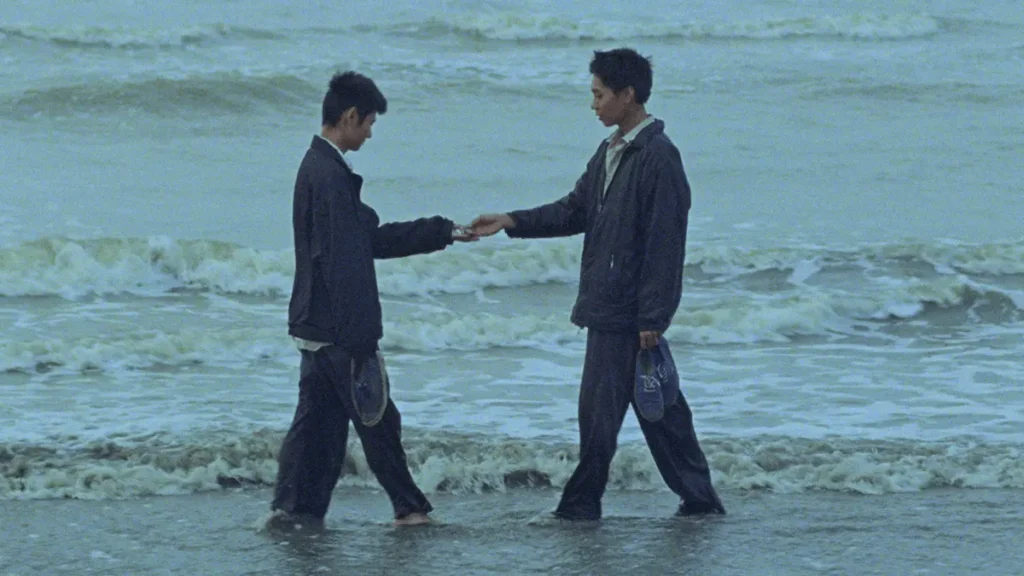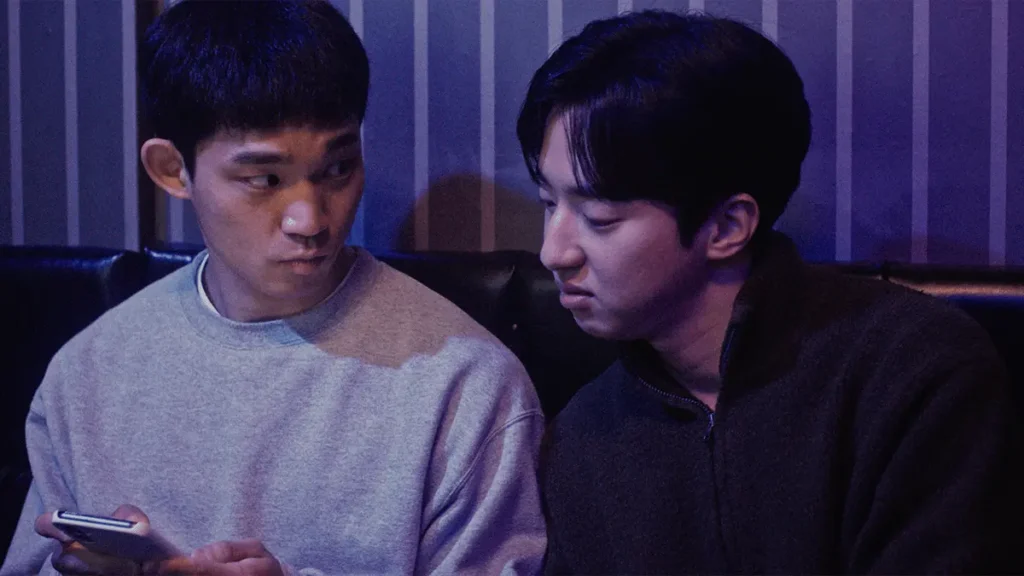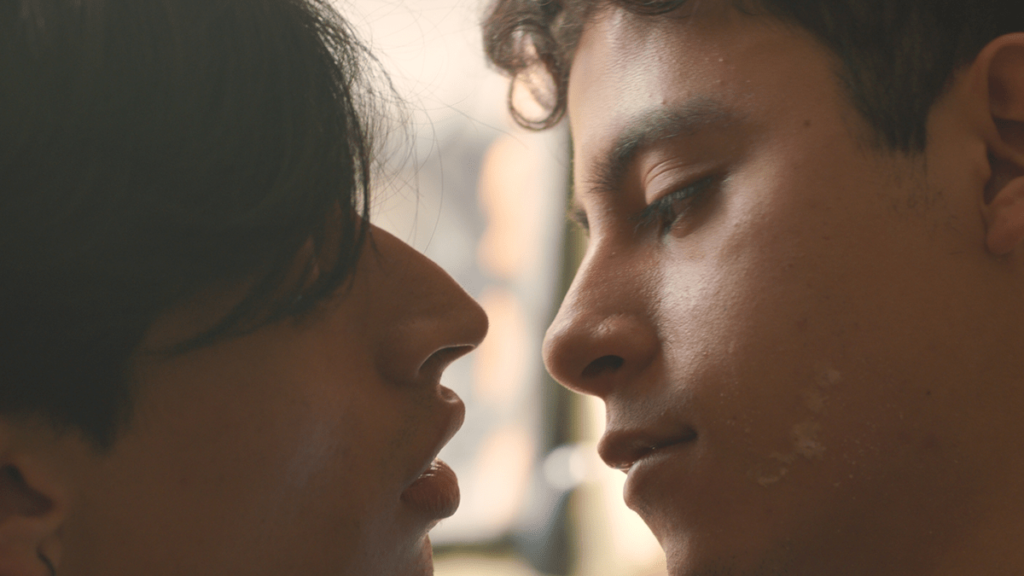The 68th San Francisco International Film Festival illuminated the city with over 150 films for 11 days, welcoming a grand showcase of films that spanned diverse genres, issues, and identities to edify, entertain, and empathize with. “We cannot wait to welcome local and international creatives to the city by the Bay,” SFFILM’s Director of Programming, Jessie Fairbanks gleamed at its premiere, and since then the festival easily fulfilled her purpose. As films are meant to inspire, ignite, and invigorate, this festival’s incredible plethora of intersectional cultural films allowed spectators to view the challenges and lifestyles of those outside of their own local experiences.
A particular duality of this included the festival’s wide array of beautifully moving narratives exploring queer poc romance. Whether it be a somber Indian funeral, or an uninhibited day out in Guadalajara, no matter the setting, struggle, or circumstance, queer love persists, and it was unapologetically on full display in San Francisco. Below are four standout films from the festival that genuinely captured the queer lives of those not typically seen on media, and that you will definitely be seeing in many other festivals and theatres to come.
Cactus Pears

Slow and meditative as it is heart wrenching and brutal, Rohan Kanawade’s Cactus Pears is a masterfully poignant window into the dampened life, identity, and grief of thirty-year old Anand as he visits his rural hometown for his father’s funeral. Retreating from his urban Mumbai environment into the calmer and tight-knit community of his upbringing only proves to be more suffocating and inescapable for Anand, especially under the critical surveillance and judgmental ascriptions of his family with rigid disregard to learn his true sexuality. Anand then finds a kind and gentle reprieve in his childhood friend Balya, whom he reconnects with and slowly begins to truly open up to.
The two naturally develop a beautifully honest, careful, and authentic love that ignites them to leave their families after the funeral rituals to be together freely. Though the film’s tone is serene, relaxed, and somber, the queer love in Cactus Pears is still just as passionate and defiant of societal and familial expectations, portrayed as warmly and tender as the environment is bucolic, pastoral, and reflective. The quiet and formidable strength of their love truly reverberates just how a sweet cactus pear fights to blossom in an unrelenting desert.
Viet and Nam

Viet and Nam has quickly arose in several film festivals as a beloved standout, and for good, dramatic reason. As the second feature from esteemed filmmaker Trương Minh Quý’, his sophomore project is steamy, somber, and steadfast in its commitment to showcasing the generational symptoms of post-war Vietnam on queer identities and their economical longevity. Tired of being a coal miner, Nam dreams of leaving the country, but must consider both his ailing mother and his partner Viet. This breathtakingly-shot film is just as much about the perseverance of queer love as it is about the formidable people of Vietnam, offering a look into the contemporary societal hardships Vietnam currently grapples with due to indelible dark history, all with a hopeful queer lens.
3670

Taking place in Seoul, 3670 explores the many dichotomies of Cheol-jun’s identity. Whether it be his societal status as a North Korean defector, or his gay sexuality, director Joonho Park uses his extraordinary film debut to showcase the contemporary issues many like Cheol-jun face in an otherwise progressive nation. Isolation, connection, and understanding are several key aspects this film explores, especially as Cheol-jun struggles to explore Seoul’s queer community and find belonging. 3670 is vivid and unapologetic as it is mindful and introspective, cleverly demonstrating the strength and unifying coexistence of dualities.
The Last First Time

Director Rafael Ruiz Espejo made his world premiere and won a Golden Gate Award in Cine Latino Competition with The Last First Time, his prestigious first feature that spotlights the intersections of queerness, Mexican culture, and coming-of-age. When teenager Eduardo meets cityslicker Mario in Guadalajara, Eduardo gets his world opened up in a drunken day filled with urban adventures, relatable conversations, and joyous queer experiences that propel him into adulthood. This is a film that immerses you into Mexican architecture and invites you to remember the excitement and innocence of adolescence abandon.
There were truly an abundance of cinematic groundbreakers at the 68th SF International Film Festival that provide insight into the many more complex intersections of identity. These films unequivocally acknowledge the struggles, lifestyles, and everyday experiences of many queer international and poc communities that are not always visible or portrayed accurately in media. This festival truly reverberates the genuine support San Francisco has towards such issues, and we can only expect an even larger turnout in the following years!
































